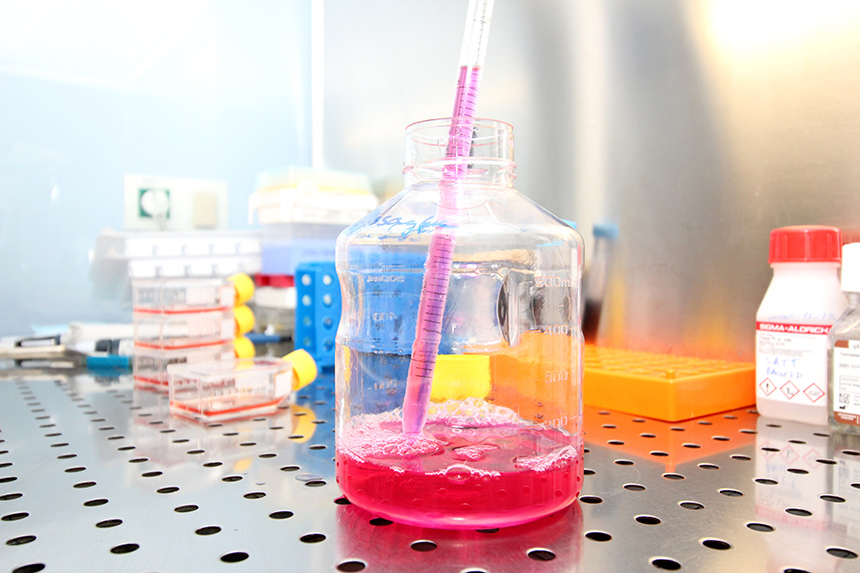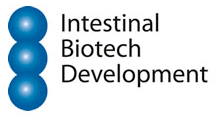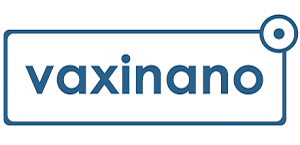Located at the heart of one of Europe’s largest hospital centers, INFINITE was born from the close cooperation between the researchers of Inserm research teams and the clinicians of Lille University Hospital. Thanks to this direct link between science and medicine, INFINITE conducts very targeted researches that provide direct benefit to the patients.

In Contact with Clinicians
INFINITE is located at the heart of Lille University Hospital, to allow greater communication with the departments of Adult and Pediatric Gastroenterology, General and Digestive Surgery, Hematology, Internal Medicine, Resuscitation, the Institute of Immunology and the Adult and Pediatric Clinical Research Centers. Our research groups have access to the technology platforms of the University of Lille and Lille CHU (University Hospital).
Involved in the federative project IMMINeNT
INFINITE participated in the FHU IMMINeNT (http://www.fhu-imminent.org/), a federative project concerned with care, research and education in the areas of dysimmune inflammatory diseases and their targeted therapies. It was funded by Lille University Hospital and the University of Lille. It was approved by a panel of international experts.
Involved in the PRECISE Hospital-University Federation
INFINITE participates in the PRECISE Hospital-University Federation (FHU) which brings together the main players in the care, research and teaching of G4 hospitals (University Hospital of Amiens, Caen, Lille, Rouen) around chronic inflammatory diseases digestive, neurological, rheumatological, dermatological, pneumological or autoimmune. It is funded by the Lille University Hospital, the University of Lille and (to be completed) ... It has been approuved by a panel of international experts.
Support from the first European foundation dedicated to chronic inflammatory bowel diseases
INFINITE is supported by DigestScience, the first European foundation dedicated to chronic Inflammatory Bowel Diseases. Founded by Pierre Desreumaux, MD, PhD, and two global agri-food companies (Lesaffre and Roquette), DigestScience funds research programs, organizes international scientific meetings and increases the collaboration between research teams in the area of digestive diseases.

Sustained collaborations with industrials
INFINITE also develops close relationships with many pharma and nutrition industries to consolidate its research activities and ensure that its breakthroughs are quickly translated into treatment solutions available to the patients.
These industrial agreements now account for more than 30% of our resources: VF Bioscience, LFB, Roche, Genzyme, Ferring, Danone, Novartis, Lesaffre...
INFINITE is also connected to the Nutrition Health Longevity Competitiveness Cluster that develops ambitious collaborative research programs between public and private partners. Their activities help effectively promote our research in the industrial sector.
Our teams took part to many innovation and development projects, including the filing of more than 20 patent applications and the creation of three start-ups: IBD, Vaxinano and Par’Immune.
Member of the federative structure SF2i: local structuring of the Infection - Inflammation axis
The Infection & Inflammation federative research structure (SF2i) is one of the 11 entities supported by the University of Lille and is in the continuity of the Infectious, Inflammatory and Immune Diseases (SF3i) structure of the previous mandate (2015-2019). The SF2i structure directed by B. Foligné and J-C. Sirard aims to promote scientific collaborations between the INFINITE U1286 and CIIL UMR9017 - U1019 Units, and thus brings together 300 people.
The objectives of the SF2i Federative Research Structure are broken down into four strategic axes in the fields of infection and inflammation:
- Promote and extend collaborations between CIIL and INFINITE
- Stimulate scientific dialogue and the dissemination of knowledge and know-how
- Promote international visibility and local attractiveness for young researchers and new teams
- Get involved in academic teaching, learning resources and specific training.



